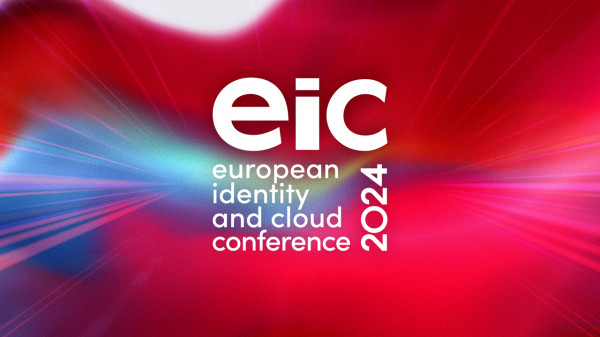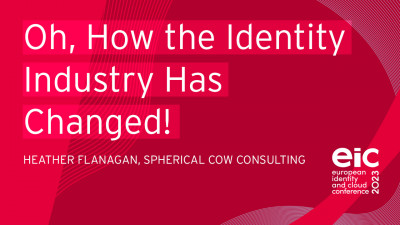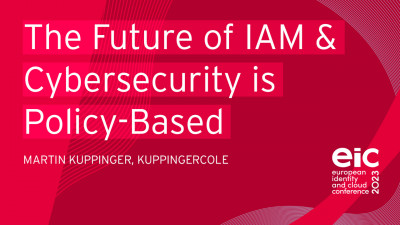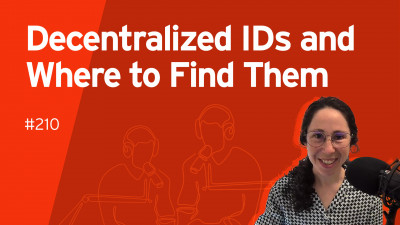1 Executive Summary
Customer expectations are driving change in the financial sector. Users are developing a lower tolerance for time delays and transaction fees, and require mobile-first interfaces as a baseline capability from their service providers. And because the balance of power has shifted away from strong traditional institutions to a democratized mass voice – supported through mobile connections, access to information, and decentralized options – customers are able to exert higher pressure on their service providers. These new thresholds for connectivity disrupt the consumer commitment to familiar banking processes; switching costs between traditional and FinTech solutions are decreasing as non-traditional financial services increase their legitimacy and value offering. New financial actors in the market have changed the definition of financial services, and legacy institutions are redefining themselves as well.
Emerging technologies are key to achieving these new goals. The capabilities of Artificial Intelligence (AI), Blockchain, and the Internet of Things (IoT)are asset-light, dependent on high upfront development costs with low variable costs thereafter. Opportunities for mathematically bolstered and automated services in a fraction of the time allow for huge cost-savings and add value for users. Distributed ledger technologies will begin to displace intermediaries – a role that has been critical in ensuring the growth and importance of traditional financial institutions in the past. These three categories of tools – AI, blockchain, and IoT – are being integrated in traditional financial institutions as independent solutions, but higher competitive advantage is unlocked when they are deployed in combination. The relative success of FinTechs drives the conversation surrounding finance and emerging technologies, and their products are capturing the hearts and minds of consumers.
AI, blockchain, and IoT require well-designed digital identity solutions in order to be successful. Not only are there more identities to interact with as devices, sensors, and things require their own unique or decentralized identifiers (UID or DID), users are demanding more privacy and higher respect for their personal data. Changes to the Payment Services Directive (PSD2) in Europe and the implementation of the California Consumer Privacy Act (CCPA) drive organizations to seek out more efficient options to manage user data, identities, and access. Some of the most compelling options for redesigned Identity and Access Management are powered by blockchain.
But although the rush of new entrants has reshuffled the competitive field for financial services, it does not ensure certain death for legacy institutions. Despite the disruptive reputation of AI, blockchain, and IoT, FinTechs are not competing in a dramatically different way than legacy financial institutions do. FinTechs provide the same services but choose to specialize their offering, as opposed to legacy institutions which have worked to provide a plethora of services to retail, corporate, and investment clients. This fragmentation of the financial services industry is caused by new entrants who leverage technology advances to dramatically reduce their costs and build mobile-first platforms for users.










































